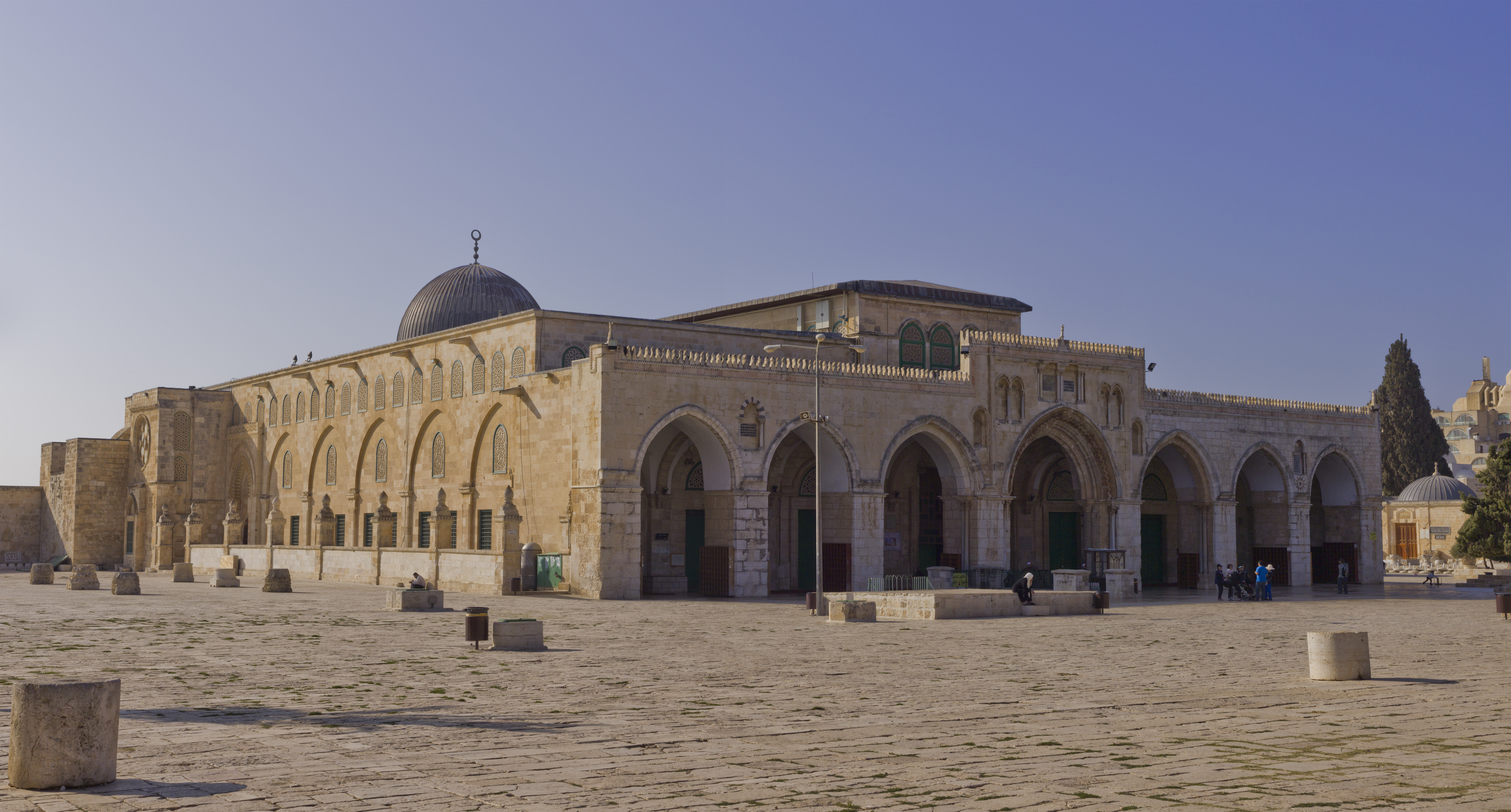As the holy month of Ramadan approaches, the atmosphere in occupied East Jerusalem is fraught with tension, with Palestinians expressing deep concerns over potential provocations by Israeli authorities and far-right settlers.
The mood among Palestinians is somber, overshadowed by fears of violence and a desire for peace, particularly in the wake of recent clashes and the ongoing conflict in Gaza. Many Palestinians feel too disheartened to engage in traditional festivities, instead, they are focused on prayers for a ceasefire in Gaza.
Recent history adds to their apprehension. Palestinians recount past instances where Israeli authorities have disrupted Ramadan activities, particularly around Al-Aqsa Mosque, the third-holiest site in Islam. Last year's clashes, where Israeli security forces confronted worshippers inside the mosque, are fresh in their memories, leaving over 450 Palestinians detained and sparking international condemnation.
The situation is further exacerbated by political tensions, with Israeli far-right Minister of National Security, Itamar Ben-Gvir, proposing restrictions on Palestinian worshippers' access to Al-Aqsa during Ramadan. Though this suggestion was overruled, concerns persist that provocative actions by Israeli authorities could incite further violence.
For Palestinians, Al-Aqsa holds immense significance, symbolising their struggle for sovereignty and self-determination. Any aggression against worshippers during Ramadan could ignite mass unrest, reminiscent of past uprisings.
Moreover, the ongoing conflict in Gaza looms large over Jerusalem, with many Palestinians feeling trapped and fearful of potential harassment by Israeli officials. The interconnectedness of events in Gaza and Jerusalem underscores the volatile nature of the region, where any spark could lead to widespread turmoil.



























